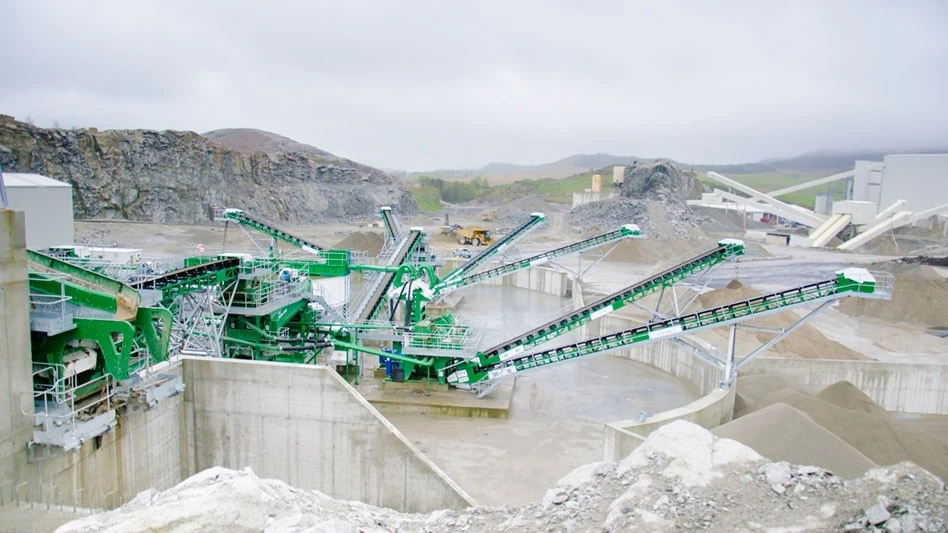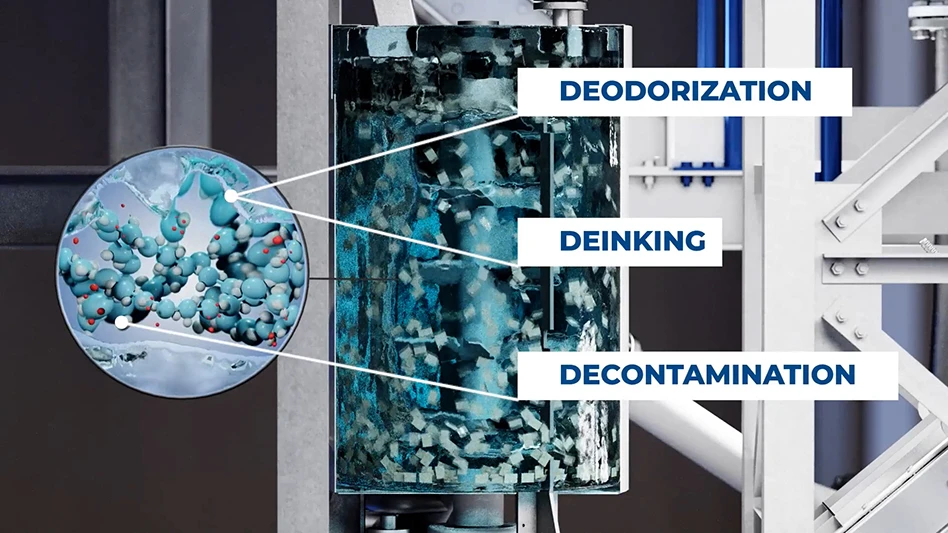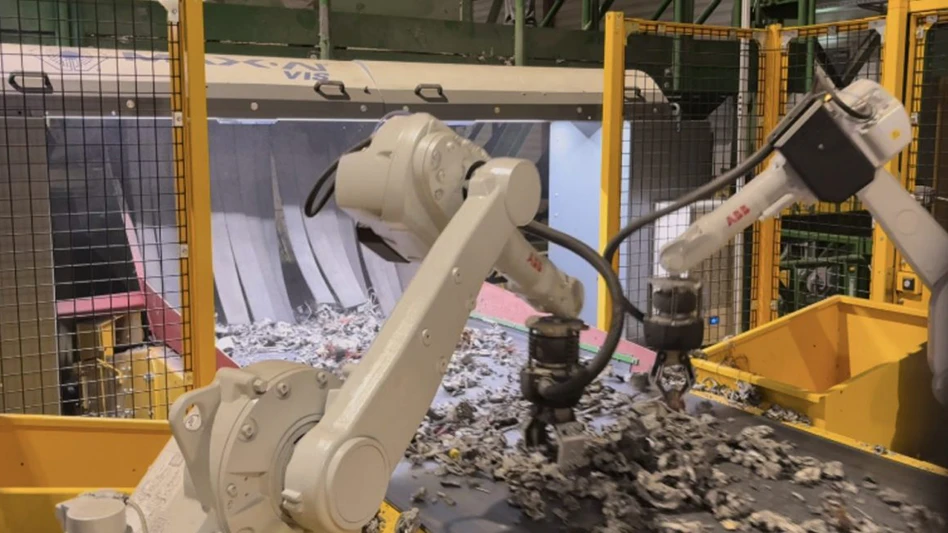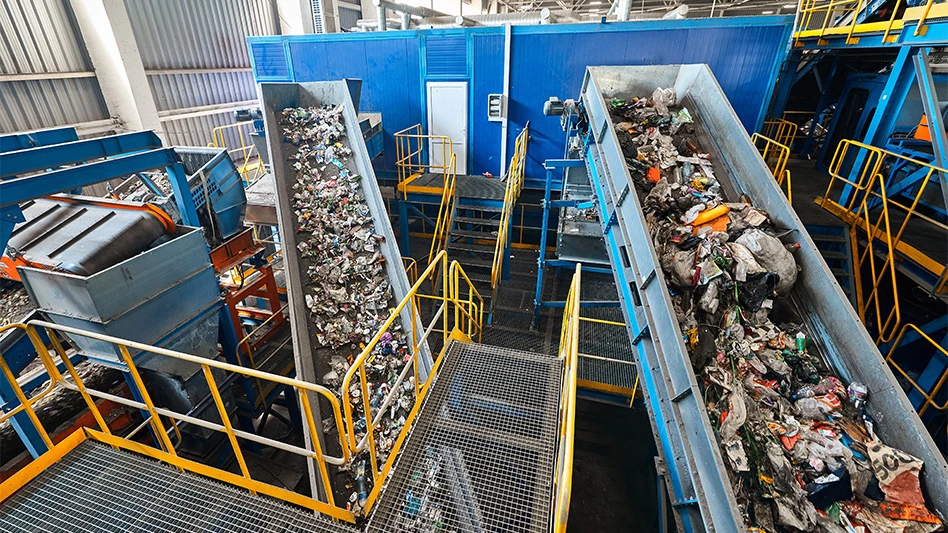
Photo courtesy of CDE
CDE, a global provider of sand and aggregate wet processing solutions for the natural processing and waste recycling sectors, will highlight the role of its technology in supporting the circular economy and zero waste agenda at Bauma 2022, a construction and mining machinery trade fair that runs from Oct. 24-30 in Munich.
As the construction sector continues to contend with the dearth and high cost of raw materials, CDE, based in the United Kingdom, will demonstrate the potential of construction, demolition and excavation (CD&E) waste to address the challenges facing the sector.
On Oct. 26 and 27, CDE customers will join the company personnel for a series of roundtable discussions on the future of recycling, and, as part of the Oct 24 Bauma exhibitor forum, CDE will deliver a lecture titled “Creating valuable in-spec products from CD&E waste.”
“In the current economic and social climate, with materials costs rising, resources depleting, and regulations calling for the adoption of sustainable solutions, we should look to the technology of today to produce the sustainable construction materials of tomorrow [and] how CDE’s waste recycling solutions in their trademark blue can support the industry to transform CD&E waste into certified, in-spec sand and aggregates,” CDE Head of Business Development for Northern Europe Eunan Kelly says.
Earlier this year, a package of European Green Deal proposals was presented with a view to make sustainable products the norm within the EU internal market. The revised Construction Products Regulation (CPR) emphasizes the value of construction to the EU as a key employer and economic contributor. It also highlights the adverse impacts the sector has on the environment, as one generating some 30 percent of the European Union’s annual waste and contributing significantly to its domestic carbon footprint and emissions.
The construction industry is a major economic driver; in the EU alone, 25 million people are employed across 5 million companies, according to data from the revised Construction Products Regulation fact sheet. So, when the COVID-19 pandemic gripped economies and construction output slowed dramatically, it was no surprise that robust recovery plans with clear focus on investments in infrastructure were announced by nations around the world to rebound and stimulate economic growth.
However, the cost of raw materials and their availability remains a deepening challenge for the sector.
A circular approach is the only answer to supply chain problems and the environmental, Kelly says.
“It can be the means to equip us with the resources needed to supply a sector charged with a key role in the economic recovery while addressing our collective environmental footprint by reducing waste-to-landfill volumes and extending the lifespan of precious natural materials, all the while, continuing to supply a resource-intense sector with the materials it requires, materials often trucked out of our urban centers where they are needed most.”
Get curated news on YOUR industry.
Enter your email to receive our newsletters.
Latest from Recycling Today
- Blue Whale Materials celebrates Oklahoma facility expansion
- Rising mill output creates ferrous market anticipation
- CDRA Conference & Tradeshow: Q&A with keynote Dave Mitchell of The Leadership Difference Inc.
- Tomra plastics recycling joint venture opens in Norway
- Loop Industries inks offtake agreement with Nike
- Liberty Tire Recycling to open 2 facilities in Alabama
- ABTC announces ‘substantial quarterly revenue increase’ in Q1 of FY26
- Amcor reports increased sales in Q1 of '26





